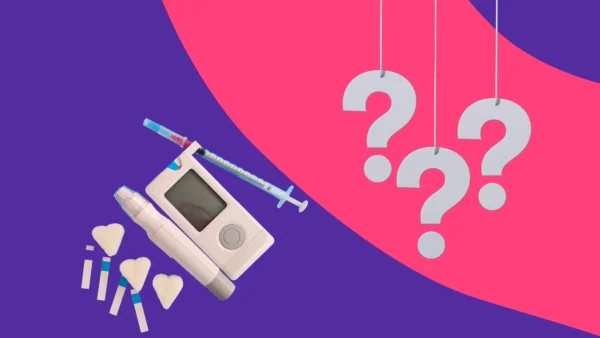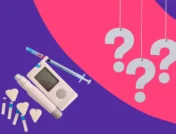Whether it’s to pay off student loans as fast as possible or to make some extra income, many pharmacists are looking to work more than one job. In fact, a lot of pharmacists work full time at one pharmacy and part time at another. If you’re not already doing so, you might be wondering if you’re allowed to work at more than one pharmacy. The answer is: it depends on the contract you’re under at the pharmacy where you work.
Can a pharmacist work at more than one pharmacy?
In most cases, you can work at another pharmacy if your primary job is at a hospital. However, if you’re working for a retail pharmacy chain, it’s more of a gray area. For example, the main pharmacy where you work may not allow you to work for a competing chain.
Non-compete clauses, explained
Many grocery pharmacies and drugstore chains may have a non-compete clause in their employment contracts. A non-compete clause is a part of a contract that limits an employee’s ability to work for a rival company during employment or for a certain amount of time after leaving the company. It is generally put in place to prevent particular trade secrets and processes from being spread to rival companies, but it is also used to prevent job turnover.
You’ll want to make sure you read over your contract if you’re employed by a grocery or chain pharmacy. For example, drugstore chains like Walgreens, CVS, and Rite Aid may have a non-compete agreement that prohibits you from working at a competing pharmacy, including independent pharmacies. These pharmacies can’t force you to sign the non-compete agreement, but they can rescind the contract and refuse to employ you if you don’t sign it. However, if there is no policy or clause on non-competition, working at another pharmacy is fair game.
The exact parameters of a non-compete clause will vary by company. In addition, non-compete clauses can vary by state since state laws are what govern how these non-compete clauses are enforced. Certain states, such as California, North Carolina, and Oklahoma, do not acknowledge non-compete clauses because these clauses go against public policy. Other states are beginning to follow suit and enact restrictions with the practice of non-compete clauses.
Working at a hospital pharmacy
If you’re working at a retail or grocery store pharmacy, you most likely wouldn’t be breaking a non-compete agreement if you choose to work a second job at a hospital pharmacy or long-term care facility. These types of pharmacies are not typically considered competitors of retail or grocery store pharmacies, so you could easily moonlight or work PRN in one of these pharmacies without worry.
The same goes the other way around. If you’re working at a hospital or long-term care pharmacy, you should be able to work a second job at another pharmacy without problems. Hospital and long-term care pharmacies don’t usually include a non-compete clause in their employment contracts.
In any case, it’s best to read over your contract with your employer before looking for a second job at another pharmacy. If you do decide to work at a competing pharmacy, you might be able to go the “don’t ask, don’t tell” route. If the second pharmacy job is located far away, such as in another state or jurisdiction, it’s unlikely that your employer would find out. However, it’s up to you, your ethical compass, and how risk-averse you are if your employer were to find out.
Additional employment opportunities for pharmacists
Second job opportunities for pharmacists are not limited to only working at pharmacies. Pharmacists looking to work a second job can look for opportunities in other areas. A pharmacist license is versatile and can open many doors if you can think outside the box.
For example, pharmacists can counsel patients on their medications through various telepharmacy gigs that may be available. Some pharmacists work second jobs in academia, teaching classes online or in person. Other pharmacists start side hustles in health coaching on a specific topic like fitness or diabetes, which may be another way to make extra money.
Pharmacists can also find flexible working opportunities in drug information and medical writing. Pharmacists can work with medical communications agencies as a way to pad their pharmacist salary, even while working full time.
Final verdict
Yes, pharmacists may be able work at more than one pharmacy. Pharmacists that primarily work in hospitals or long-term care facilities can work at a retail or grocery store pharmacy as a second job. However, pharmacists that primarily work at retail or grocery store pharmacies may be restricted by a non-compete agreement and be unable to work at a competing pharmacy. It’s important to read over the terms and policies outlined in the employment contract before seeking a second job at another pharmacy.











